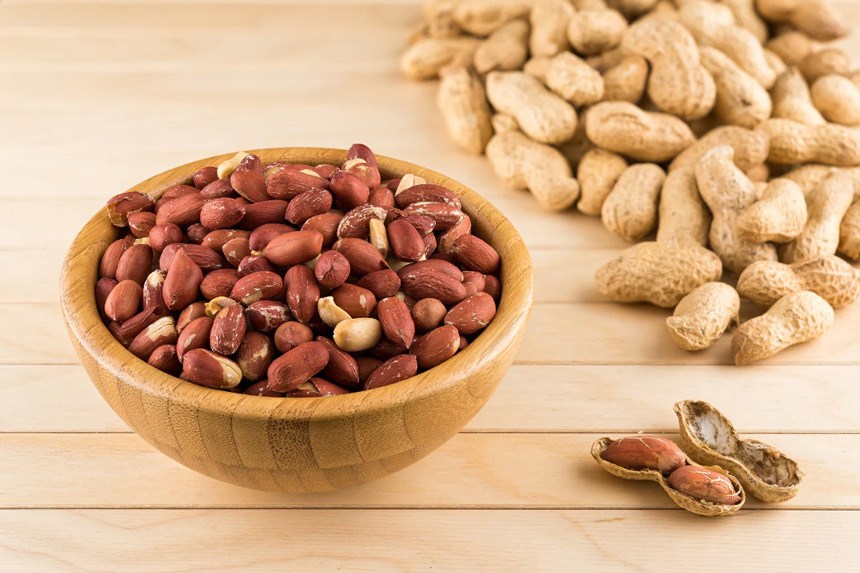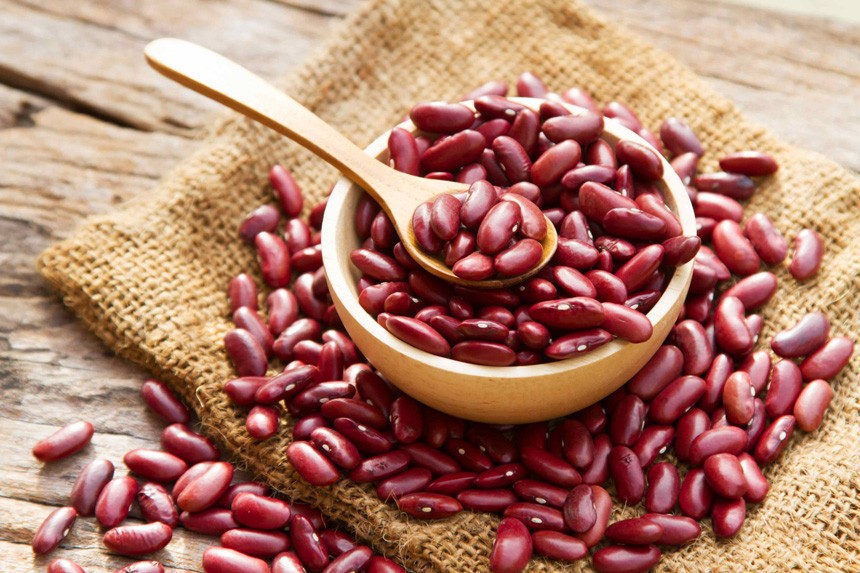Peanuts

Peanuts, commonly enjoyed as snacks or in various dishes, are also a valuable ally in platelet production. Abundant in nutrients such as folate, peanuts support the synthesis of DNA, a crucial process for forming platelets. Moreover, copper in peanuts aids in iron absorption, indirectly contributing to the overall function of platelets in blood clotting. [4]
The combination of these nutrients makes peanuts an excellent addition to the diet for those aiming to address low platelet count.
Also, they are a rich source of monounsaturated and polyunsaturated fats, promoting heart health and reducing the risk of cardiovascular diseases. Additionally, peanuts contain antioxidants, such as resveratrol, with potential anti-inflammatory effects. [5]
Kidney Beans

Kidney beans, a versatile legume, are significant in supporting platelet production due to their nutrient-rich composition. High in folate, kidney beans contribute to DNA synthesis, a crucial process for forming and maintaining platelets.
Additionally, the iron content in these beans supports hemoglobin synthesis, indirectly aiding platelet function in blood clotting. The combination of these nutrients makes kidney beans a valuable addition to the diet for individuals dealing with low platelet counts.
Furthermore, they are a rich source of plant-based protein, supporting muscle health and providing a satisfying element to meals. Kidney beans also contain dietary fiber, promoting digestive health and contributing to weight management.





